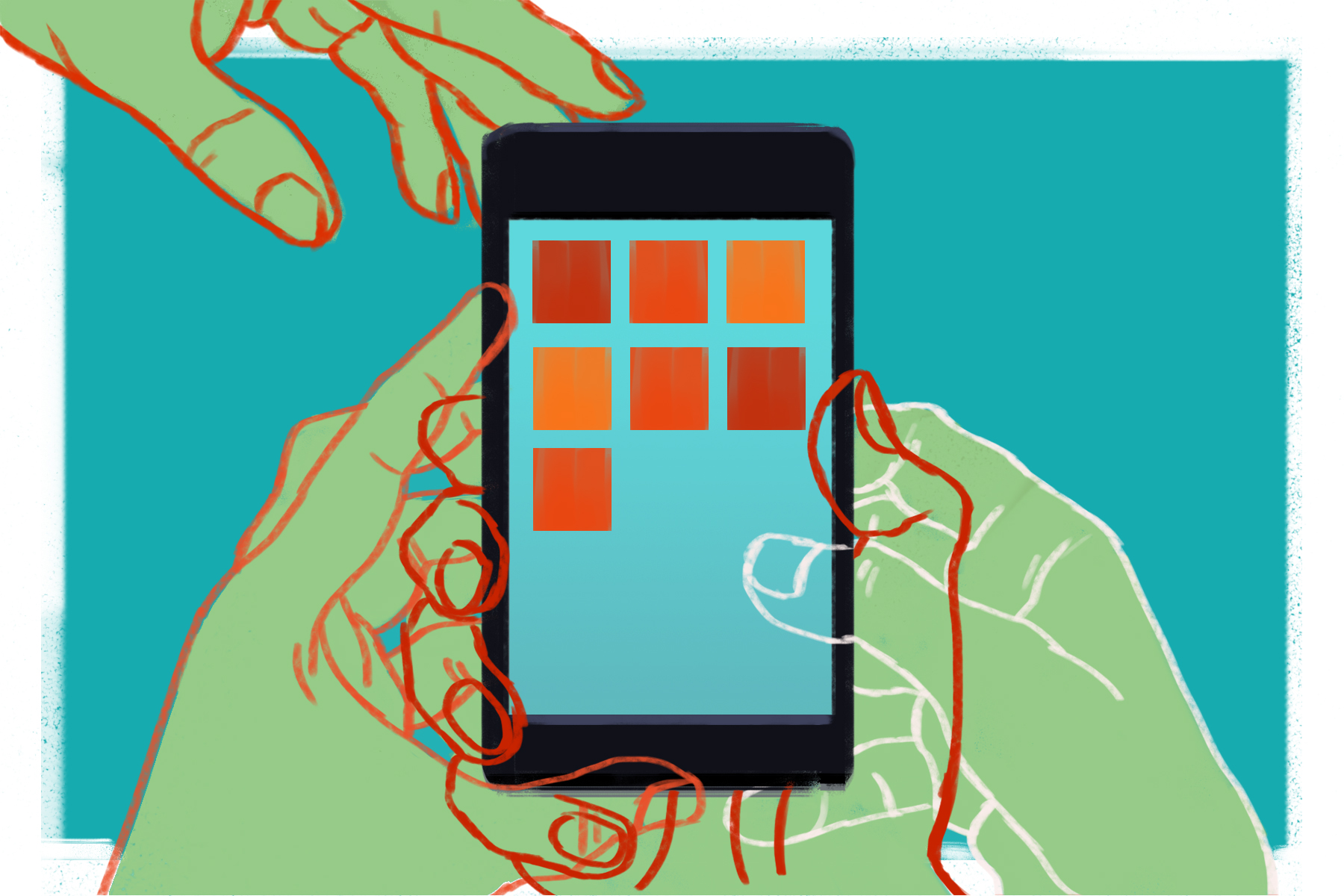With 2019 in its early days, people around the world are just cracking into their New Year’s resolutions. Among the most common resolutions are losing weight, reading more and spending less time staring at screens.
There have been several reports on how time spent on phones, computers, tablets and the like adversely affect children’s brains, with most studies suggesting that reduced screen time can help children perform better on cognitive tests. While these results might be worth paying attention to, they are often extrapolated from other data and exaggerated in the news media; it’s often infeasible to reduce the usage of screens when they are so ingrained in society.
For instance, in this study scientists concluded that children do better on tests when they spend less time on devices such as phones. However, the main focus of the study was to analyze how children were affected by exercise and amount of sleep, combined with the time they spent looking at screens. Therefore, it is fairly difficult to evaluate these results and conclude that electronic devices are negatively affecting children, because screen time was not the only factor changing the children’s performance.
A Washington Post article even pointed out that the aforementioned study was flawed, and “while the observational study showed an association between reduced screen time and children’s higher mental performance, it did not establish a causal link.”
It’s crucial that reporters and scientists are tactful when presented these kinds of results; when reading the above article I had to get almost to the bottom of the page before the author mentioned that there may actually be no link between less screen time and better performance by children on tests. The majority of the article and the article’s title, “Study links restricting screen time for kids to higher mental performance,” were somewhat misleading, and could easily lead people who skimmed the piece to believe that children should completely avoid using phones and other devices.
Plus, there are often unrealistic standards set for children and teenagers as compared to adults when it comes to screen time. Some reports have concluded that adults need to spend less time on screens too, but others suggest “cutting back to one to two hours likely isn’t feasible for… any adult person,” despite the fact that it’s considered feasible for young people.
While adults do use phones, computers and tablets for their everyday work, most children and teenagers are also expected to use screens to complete their homework and stay connected with classmates to do group projects.
Furthermore, computers are thought to be an important factor in improving schools throughout the United States, as “the federal government has embarked on a massive program to connect every school to the Internet.” Computers “can serve as electronic workbooks, delivering instruction at a pace individualized for each student,” and can also allow children to gather information quickly and effectively. Plus, these computers allow students to experience the real world through simulations.
With computers, students can work with real-world data and find resources to solve problems and write reports, which develops higher-level thinking. So, it seems rather impractical to prevent children from using screens when these devices have the capabilities to positively affect children’s educational experiences.
Young adults are also criticized for their use of phones, especially when it comes to the time they spend on social media, but for many college students, phones are essential for staying connected to friends and family. Many students choose to go out of state for school, and when homesickness strikes they can call, text or FaceTime/Skype their family or talk to their friends over social media. Without these tools, people would likely lose contact during their college years and with it possible life-long friendships, while students could have to wait for holidays to see their family.
However, despite the benefits of phones and computers, it would be foolish to completely ignore all the research that claims less time spent looking at screens is beneficial. As in all things, moderation is important, and it’s critical that people read the fine print carefully when examining reports and studies. For the most part, children are recommended to have a maximum of two hours of recreational screen time, while experts are “largely hesitant to give a standardized number of hours [adults] should be spending staring at a screen.”
My recommendations? Avoid apps that control how much screen time you’re allowed, as those can often be invasive, and instead use your personal judgement. If adults are capable of working jobs and making real-world decisions about their lives, they should be perfectly able to realize how much screen time is good for themselves and their children. Most articles simply recommend working to prevent digital devices from interfering in day-to-day life, which means putting down your phone around 30 minutes before you go to bed, and leaving it in a separate room so you’re not tempted to look at it.
It’s also good to take some breaks away from screens to rest your eyes and your brain. However, know that “it takes a lot of technology use to meet the definition of dependence,” so you shouldn’t stress too much unless your usage is “impact[ing] day-to-day function.”
So, I would challenge people to spend a little more time on their phones. But, instead of mindlessly scrolling through dog videos (guilty as charged) or playing with your newest free app, try reaching out to people that you’ve lost touch with. If personal data is going to be strewn across the internet anyways, you might as well use it and social media to find friends that you haven’t spoken with in years.
Rather than making a New Year’s resolution to get off your phone and/or limit your children’s time on their phones, try to use your phone effectively to connect with the people close to you and teach your children to use their phones wisely. Phones are not intrinsically evil devices that lead people astray — if people can learn how to effectively use their phone as a resource to learn more about their world and connect with friends, phones won’t really be so bad after all.
















